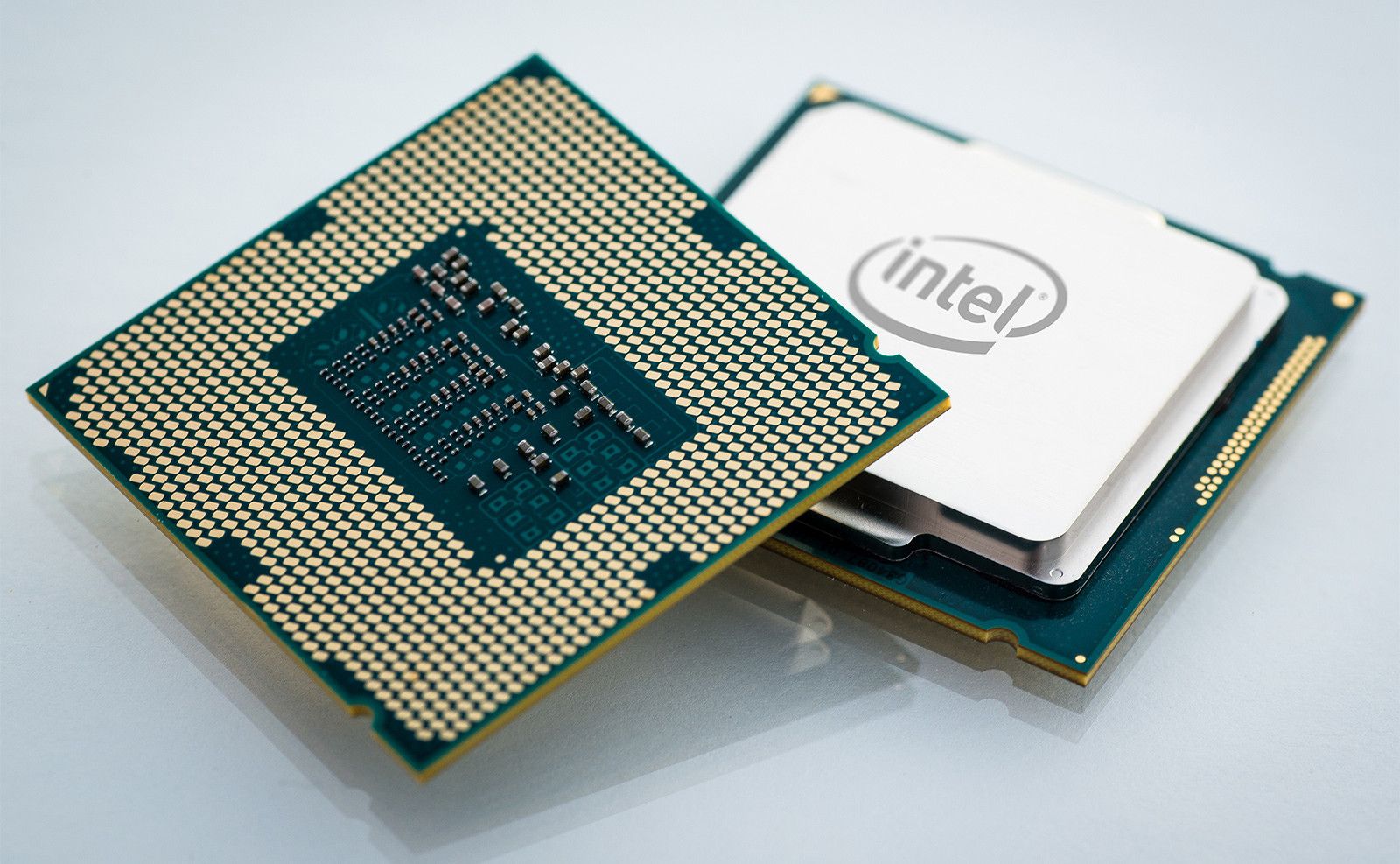Intel Alder Lake CPUs could fail to work with some DRM-toting games
DRM software will have to be updated for hybrid CPUs – and that might not happen with older titles

Sign up for breaking news, reviews, opinion, top tech deals, and more.
You are now subscribed
Your newsletter sign-up was successful
Intel’s Alder Lake processors could have compatibility issues with older games that use DRM protection, according to a fresh report.
The story here is that Intel has just released a developer guide for the 12th-gen CPUs – which are expected very soon, inside a few weeks perhaps – and as Gamer’s Gospel spotted when digging into these details, the likes of Denuvo and other DRM anti-piracy solutions may need an update to work with Alder Lake chips.
- Here are the best gaming PCs
- We’ve picked out all the best processors
- And the best cheap RAM prices and deals
This is wrapped up in the DRM using CPU detection as part of its routines, and potentially not recognizing Alder Lake processors, because as you’re doubtless aware, Intel has moved to an entirely new way of working – namely hybrid tech – with these 12th-gen models. (They have two entirely different types of cores in most cases: standard performance cores, and power-efficient ones).
In the FAQ included with the developer guide, one of the questions is whether there might be compatibility issues with DRM in games, and Intel states: “If your existing or upcoming game uses a DRM middleware, you might want to contact the middleware provider and confirm that it supports hybrid architectures in general, and the upcoming Intel ADL platform in particular.
“Due to the nature of modern DRM algorithms, it might use CPU detection, and should be aware of the upcoming hybrid platforms. Intel is working with leading DRM providers such as Denuvo to make sure their solutions support new platforms.”
The likelihood is that the two different sets of cores, and more specifically the new ‘small’ efficient cores, could be seen as some kind of anomaly by the DRM, meaning it could suspect something underhand is going on, so the software prevents the game from running.
In short, this means that the DRM provider may need to update their software – notice that Intel’s wording is couched in terms of ‘might’ and ‘should’ – to correctly recognize Alder Lake and function okay with it, and subsequently game developers will need to apply that refreshed DRM to their games.
Sign up for breaking news, reviews, opinion, top tech deals, and more.
Analysis: Some games to be left in the lurch, perhaps?
While that DRM updating process can be expected to happen swiftly enough with modern games and high-profile releases, thorny problems might come with older titles. Devs are going to have a cut-off point, realistically, with how many problematic games they go back and fix, leaving us with a potential situation where older products just get left in the lurch, and simply end up not working with Alder Lake.
Naturally, this will only affect games which have DRM, but of course that’s a lot of them, particularly when it comes to the big-name publishers. While Intel only states Denuvo by name, the mention of ‘leading DRM providers’ certainly suggests this is likely to be an issue for all these forms of anti-piracy countermeasures.
We’ll just have to see how this pans out, of course, and we will only really know when Alder Lake chips are actually released.
- Check out the best PC components for your rig
Via Tom’s Hardware
Darren is a freelancer writing news and features for TechRadar (and occasionally T3) across a broad range of computing topics including CPUs, GPUs, various other hardware, VPNs, antivirus and more. He has written about tech for the best part of three decades, and writes books in his spare time (his debut novel - 'I Know What You Did Last Supper' - was published by Hachette UK in 2013).